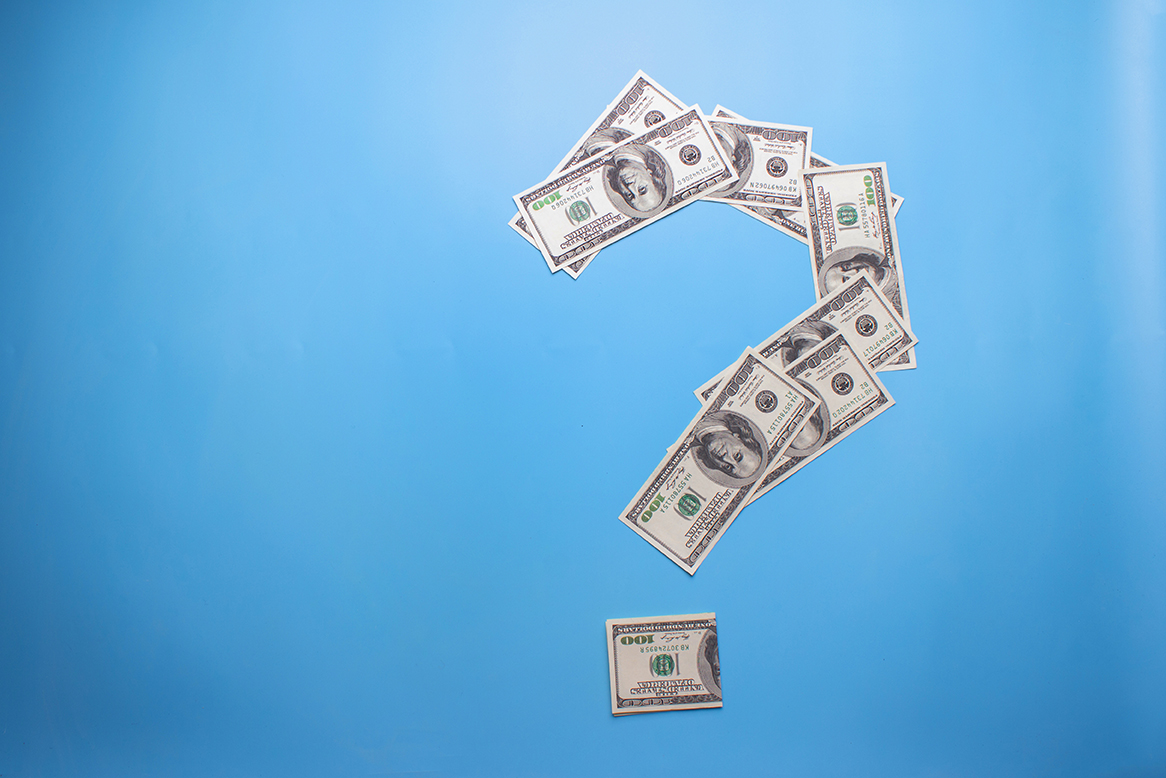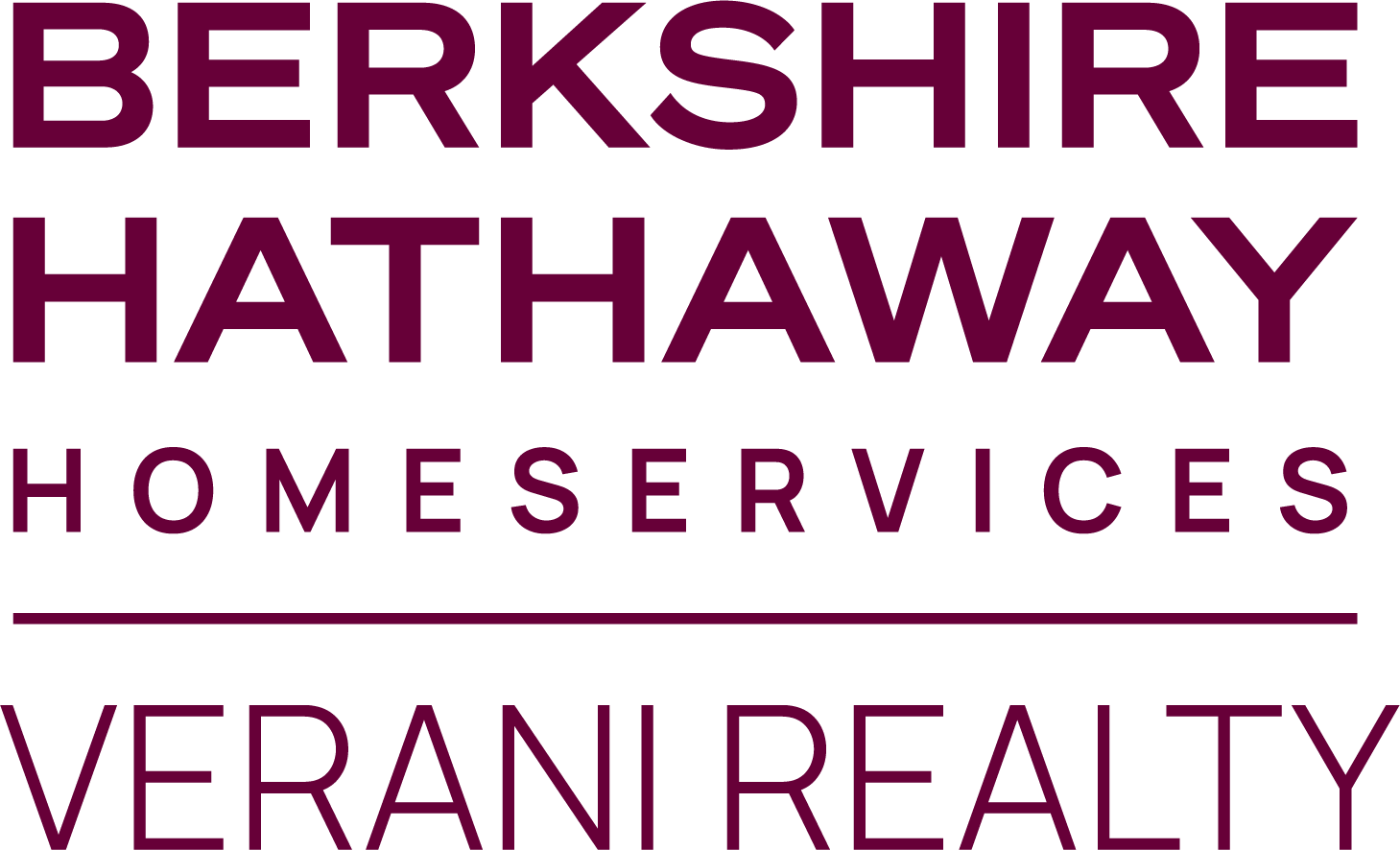Buying a home is a big financial decision, and it involves more than just the down payment. It’s crucial for buyers, especially first-timers, to grasp the full range of costs they’ll encounter at the closing table. In this post, we’ll simplify these costs into two categories: fixed and variable, to help you prepare for this exciting journey.
Fixed Costs in Home Buying
Loan Fees: Securing a mortgage comes with various fees, including:
- Processing and Underwriting Fee: Approximately $1,500, covering the mortgage application process and underwriting.
- Credit Report Fee: Around $50, for obtaining credit reports from credit bureaus.
- Identity Verification: Typically between $150 to $200, ensuring the borrower’s identity is verified.
- Appraisal Fee: Costs between $600 to $700, for a professional appraisal of the home’s market value.
Title Fees: Essential for the legal transfer and verification of your new home:
- Settlement Fee: Ranges from $700 to $900, paid to the settlement agent or escrow holder.
- Title Insurance: Starts at around $1,000 and increases based on the home’s cost, protecting both you and the lender from title issues.
- Recording Fees: Typically between $150 to $200, for recording the deed and mortgage documents in public records.
Variable Costs in Home Buying
Property Taxes: Calculated based on your property’s location and value, these taxes are prorated from the purchase date.
Tax Stamps (Transfer Tax): Varies by location. In New Hampshire, tax stamps are 1.5% of the purchase price, split evenly between buyer and seller. In Massachusetts, the transfer tax is 0.456% of the sale price, paid by the seller.
Loan Points: Optional, usually 1% of your mortgage amount per point. They can lower your interest rate but increase upfront costs.
Homeowners Insurance: The first year’s premium, typically paid at closing, ranges from $1,000 to $1,500 annually. This insurance is crucial for protecting your investment and is required by lenders.
Prepaid Interest: Depends on the closing date. Closing later in the month can reduce this cost, as it’s calculated from the closing date to the end of that month.
Escrow: At closing, you may need to pay into an escrow account, typically equal to three months of property taxes and homeowners insurance. This ensures timely payment of these bills and avoids large, one-time payments.
Final Thoughts
Understanding the financial aspects of buying a home is crucial for a well-prepared home-buying journey. The fixed fees alone, such as loan processing, title insurance, and appraisal fees, amount to around $4,500. However, the variable fees can be even greater and vary significantly depending on factors like the type of mortgage, purchase price, and local tax rates.
Every home-buying situation is unique, and it’s vital to have a clear picture of all the costs involved. That’s where I can assist you. I encourage you to reach out to me to discuss your specific situation. I’ll be happy to provide a detailed cost analysis tailored to your needs, helping you make informed decisions as you navigate through the process of buying your dream home.
Remember, investing in a home isn’t just about the purchase price; it’s about being fully prepared for the financial commitment that comes with it. I’m here to guide you every step of the way.



